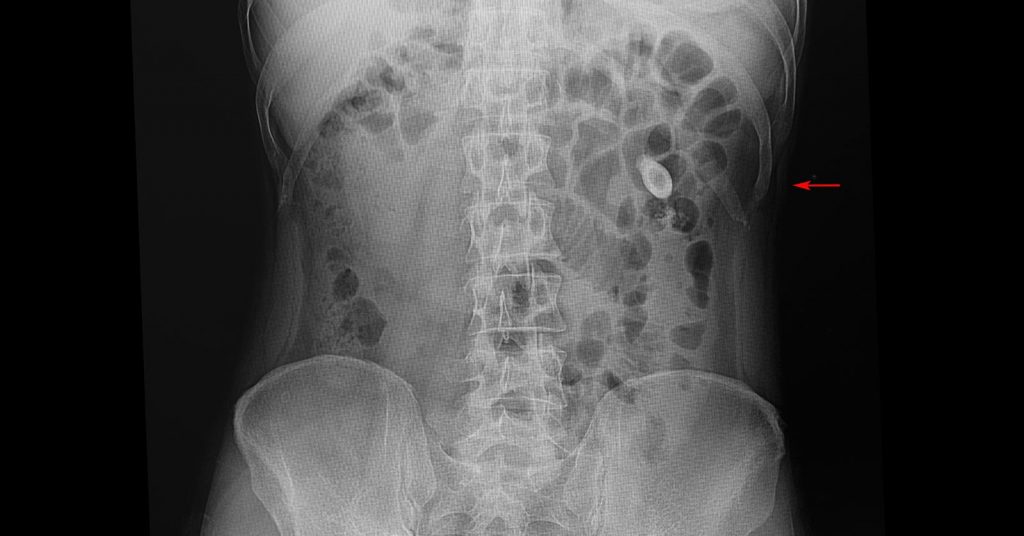
What to eat when you are at risk of calcium oxalate kidney stones?
Which foods to prefer and which to avoid when one is at risk of calcium oxalate kidney stones? It is difficult to find non-contradictory data on the oxalate content of certain foods, which sometimes also contain a fair amount of calcium that should help prevent absorption of free oxalate
For example, hibiscus (used in infusion as a tea for its hypotensive properties which I love).
In the case of kidney stones, in addition to acting, when possible, by removing the stones with the various techniques available today, with the help of a urologist, it is also important to consult a nephrologist to get to the bottom of the problem with specific tests on the causes and to obtain advice tailored to one’s needs.
For example, in the case of calcium oxalate stones, supplementation with potassium citrates is often recommended.
KIDNEY STONES – WHAT TO AVOID
As far as nutritional advice is concerned, it is generally recommended to limit as much as possible the following foods that contain high amounts of oxalates
- spinach
- asparagus
- dried fruit
- cola-based drinks
- rhubarb
- beetroot
- wheat bran
- strawberries
- chocolate
Kharkadè (the infusion made from hibiscus flowers), on the other hand, although it contains oxalates, is fine because it also contains many citrates.
USEFUL TIPS IN CASE OF KIDNEY STONES
In addition, it is important to consider these further cautions
- maintain a urine volume of more than 2 litres per day (a simple check is the colour of the urine, which should always be clear)
- limit salt intake as much as possible, not only added salt, but also salt contained in food (e.g. pickled products, bread substitutes, sausages, cured meats, mature cheeses, salty snacks, etc.)
- limit meat and favour vegetable sources of protein (cereals and legumes)
- consume fresh dairy products (milk, yoghurt, fresh cheese, cottage cheese)
- consume vegetables freely, limiting only those high in oxalates
- limit intake of simple sugars, cholesterol and saturated fatty acids
- use extra virgin olive oil as a condiment
- maintain a normal weight
- exercise regularly
Read Also
Emergency Live Even More…Live: Download The New Free App Of Your Newspaper For IOS And Android
Kidney Stones: What They Are, How To Treat Them
What Is Renal Hydronephrosis And How It Is Treated
Cushing’s Syndrome: Management Of The Patient With Hypercortisolism (Adrenal Hyperfunction)
Creatinine, Detection In Blood And Urine Indicates Kidney Function
How To Keep Your Kidneys Healthy?
Colour Changes In The Urine: When To Consult A Doctor
Paediatric Urinary Calculus: What It Is, How To Treat It
High Leukocytes In The Urine: When To Worry?
The Colour Of Pee: What Does Urine Tell Us About Our Health?
Kidney Function Replacement Treatment: Dialysis
Chronic Kidney Failure: Causes, Symptoms And Treatment
Pancreas: Prevention And Treatment Of Pancreatic Cancer
Gestational Diabetes, What It Is And How To Deal With It
Pancreatic Cancer, A New Pharmacological Approach To Reduce Its Progression
What Is Pancreatitis And What Are The Symptoms?
Kidney Stones: What They Are, How To Treat Them
Acute Pancreatitis: Causes, Symptoms, Diagnosis And Treatment
Kidney Cancer: Laparoscopic Surgery And The Latest Technologies


